 Title: “The Cutting-edge Technology of Pharmaceutical Machinery”
Title: “The Cutting-edge Technology of Pharmaceutical Machinery”
Pharmaceutical machinery plays a crucial role in the production process of medications, ensuring efficiency, accuracy, and quality in the pharmaceutical industry. Among the various types of pharmaceutical machinery, the table press machine and capsule filling machine are essential pieces of equipment that help in the manufacturing of tablets and capsules.
Tablet press machines, also known as tableting machines, are used to compress powder formulations into tablets of uniform size, shape, and weight. These machines operate based on principles such as compression force, die and punch configuration, and the speed of operation. The TDP (Tablet Press Machine) and THDP (Tablet High-speed Press Machine) are some of the common types of table press machines used in pharmaceutical manufacturing. The TDP machines are suitable for small to medium-scale production, while the THDP machines are designed for high-speed and high-volume tablet production.
On the other hand, capsule filling machines are utilized to fill empty gelatin or vegetarian capsules with powdered, granulated, or pelletized pharmaceutical ingredients. These machines are equipped with various parts such as the dosing disc, tamping plate, capsule hopper, and capsule magazine to ensure precise filling and sealing of capsules. Capsule filling machines come in different models and capacities to cater to the diverse needs of pharmaceutical companies.
The advancement in pharmaceutical machinery technology has led to the development of automated and sophisticated machines that offer higher efficiency, accuracy, and productivity. Modern table press machines and capsule filling machines are equipped with features such as touch screen interfaces, programmable settings, automatic monitoring systems, and quality control mechanisms. These technological innovations not only streamline the production process but also ensure consistency and compliance with regulatory standards.
In conclusion, the table press machine and capsule filling machine are integral components of pharmaceutical manufacturing, facilitating the production of tablets and capsules with precision and efficiency. The evolution of pharmaceutical machinery, including the TDP and THDP machines, has revolutionized the way medications are produced, ensuring quality and safety for patients worldwide. As technology continues to advance, we can expect further enhancements in pharmaceutical machinery that will drive innovation and excellence in the healthcare industry.

 Title: The Evolution of Pharmaceutical Machinery: Enhancing Drug Production Efficiency
Title: The Evolution of Pharmaceutical Machinery: Enhancing Drug Production Efficiency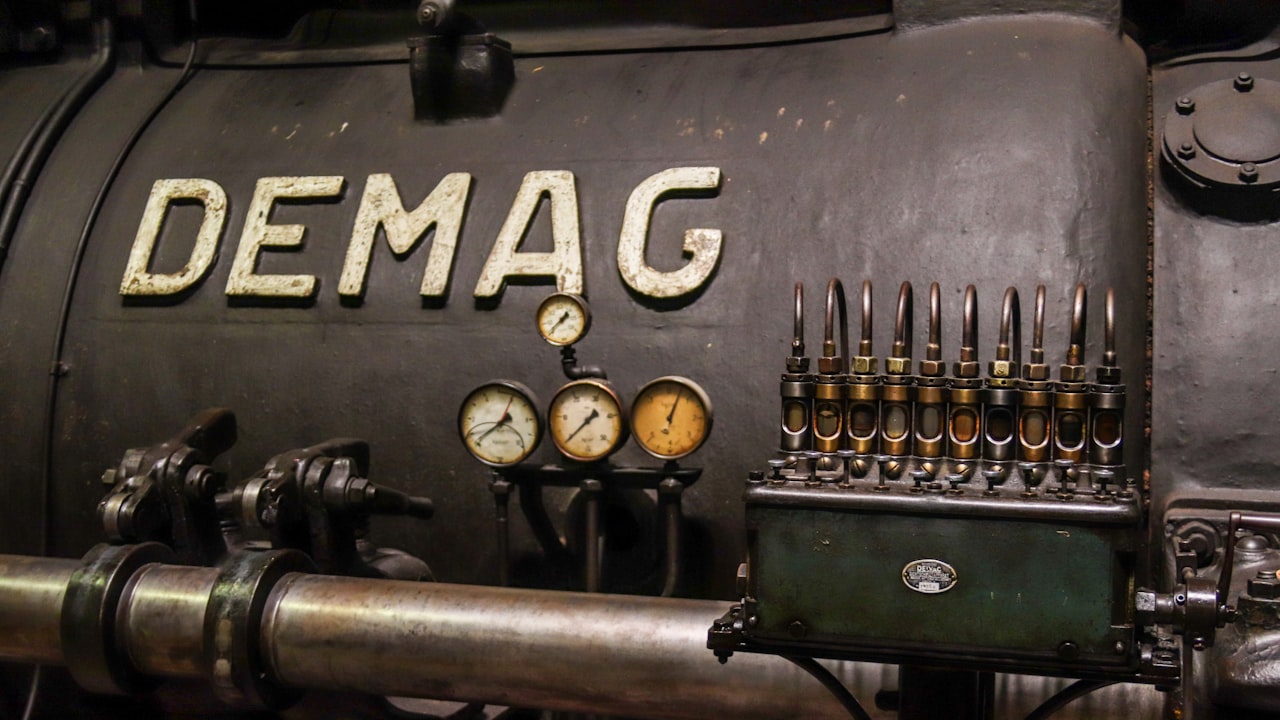 Title: The Role of Pharmaceutical Machinery in Modern Drug Manufacturing
Title: The Role of Pharmaceutical Machinery in Modern Drug Manufacturing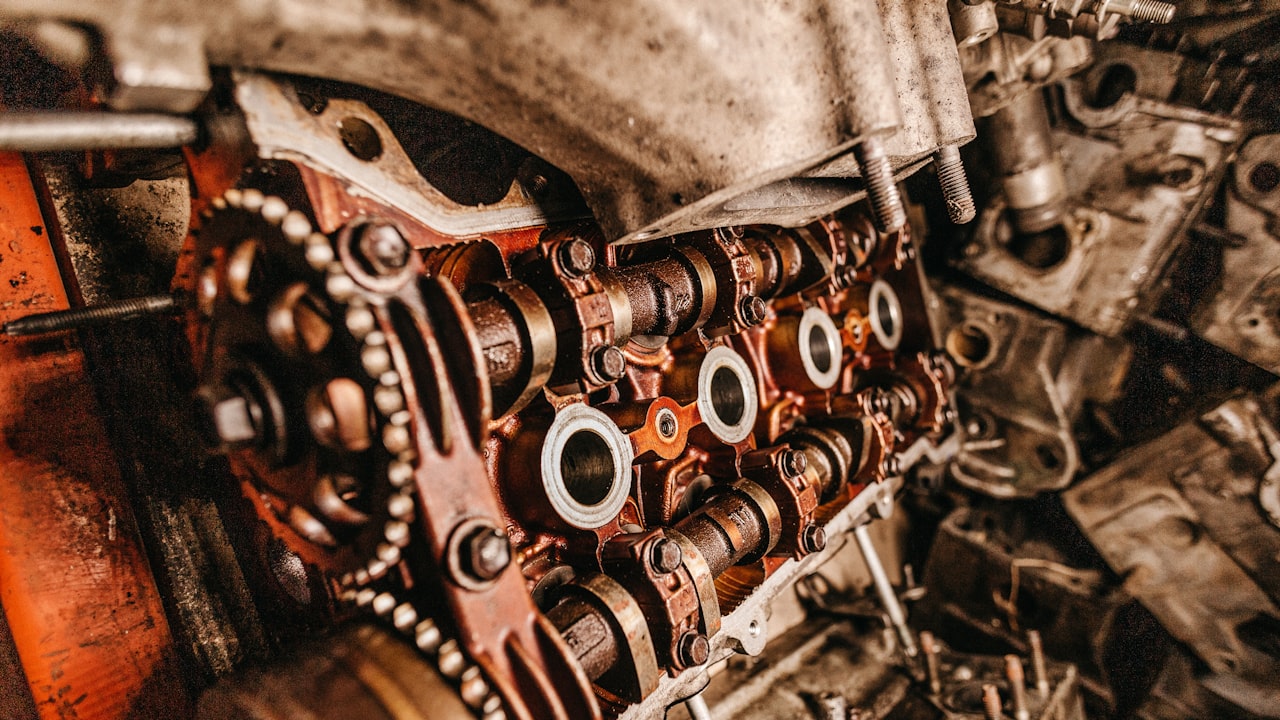 Title: The Evolution of Pharmaceutical Machinery: Innovations and Impact
Title: The Evolution of Pharmaceutical Machinery: Innovations and Impact Title: “Revolutionizing Pharmaceutical Production with Advanced Manufacturing Equipment”
Title: “Revolutionizing Pharmaceutical Production with Advanced Manufacturing Equipment” 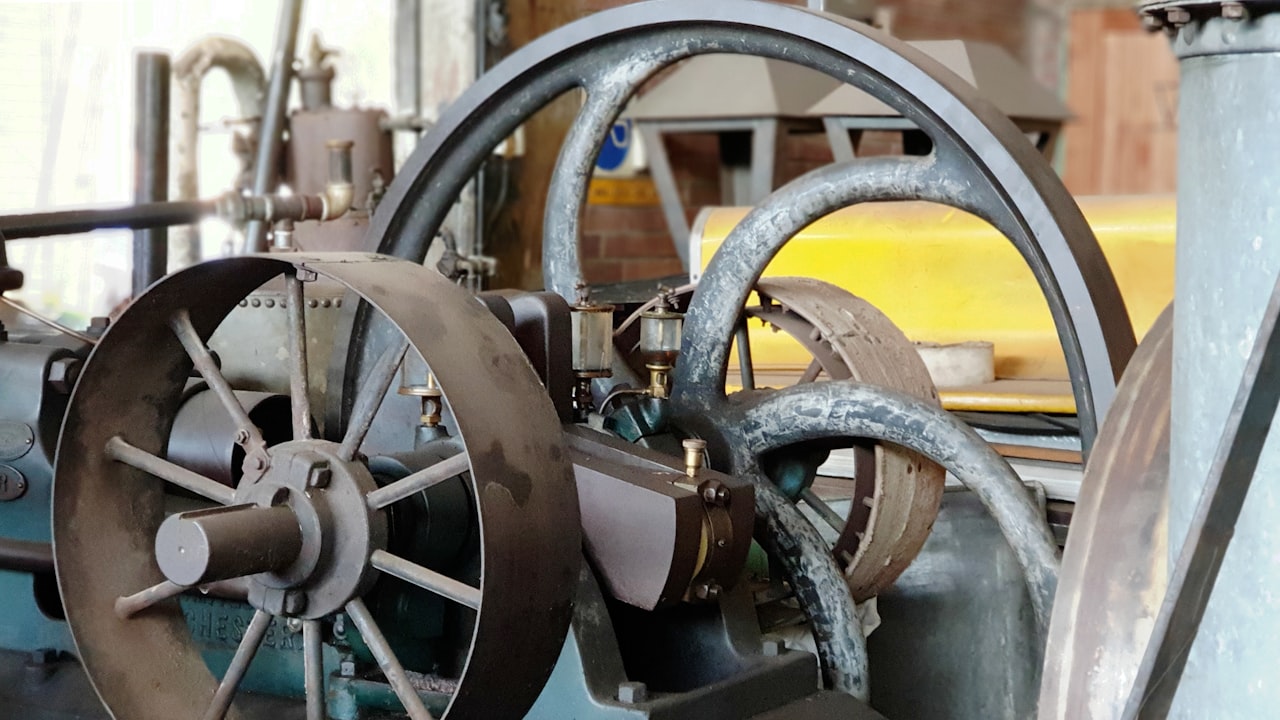 Title: “The Importance of Pharmaceutical Machinery in Drug Manufacturing Processes”
Title: “The Importance of Pharmaceutical Machinery in Drug Manufacturing Processes”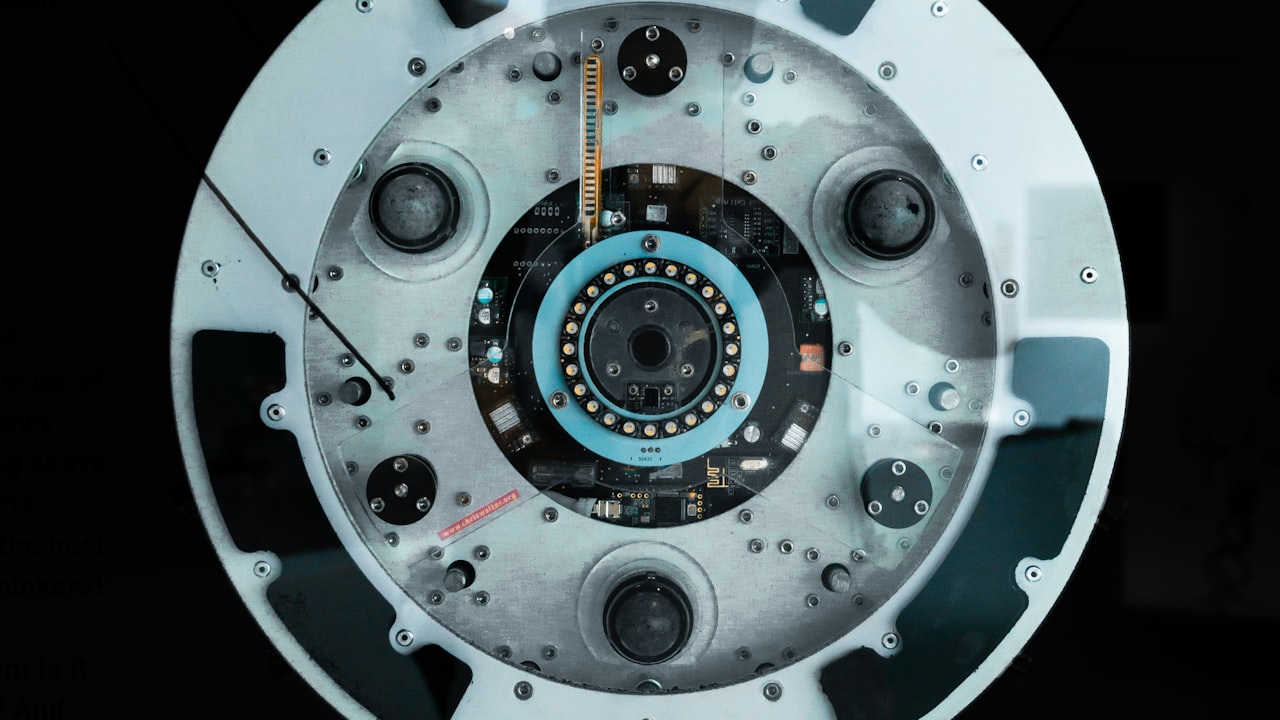 Title: “Revolutionizing Medicine: The Role of Pharmaceutical Machinery in Drug Production”
Title: “Revolutionizing Medicine: The Role of Pharmaceutical Machinery in Drug Production” Title: The Role of Pharmaceutical Machinery in Modern Drug Production
Title: The Role of Pharmaceutical Machinery in Modern Drug Production Title: “The Evolution of Pharmaceutical Machinery: Advancements in Manufacturing Technology”
Title: “The Evolution of Pharmaceutical Machinery: Advancements in Manufacturing Technology”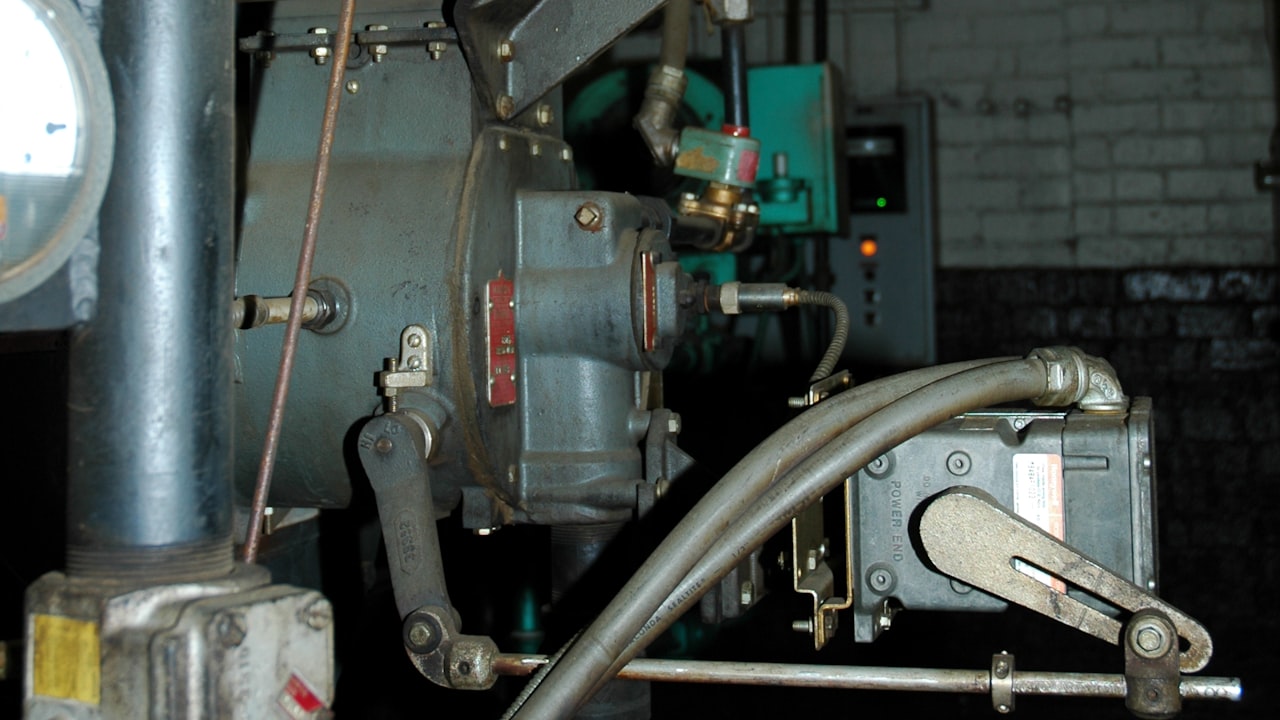 Title: “The Role of Pharmaceutical Machinery in Modern Medicine Manufacturing”
Title: “The Role of Pharmaceutical Machinery in Modern Medicine Manufacturing”



